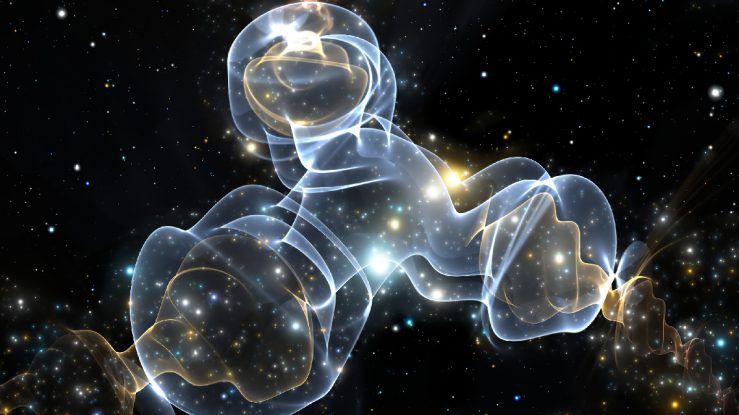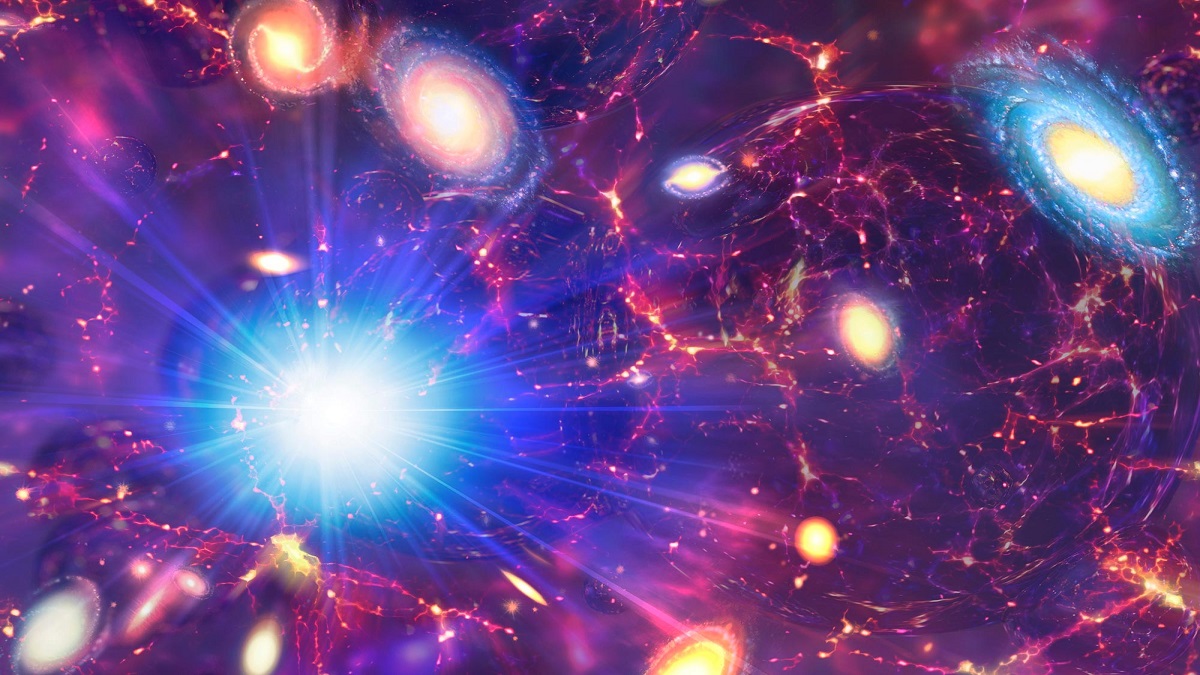What is the universe? A very fundamental yet an ambiguous question that has driven human race to deploy all of its energy to root out the tenable reasoning in response to this question. The simplest answer found so far is, the universe is everything!. It harbors every single thing that came into existence, be it concrete or abstract. Universe can be exemplified with a bucket that holds all the things a person can think of, you name it and there you have it. In a quest to know about the cosmos, science has left no stone unturned. Based on the scientific theories about universe, here is a sneak peek into this intriguing topic.
All about Universe
Some 15 billion years ago, universe came into existence as a result of a massive explosion that not only created matter, but the physical laws that govern the cosmos. Before this, it is believed that all matter existed as a single unit with infinite density and intense heat called singularity. All of a sudden, that single unit began to expand and the universe and all its matter came into being when the universe cooled sufficiently to lead to the formation of subatomic particles and ultimately simple atom. The cosmos encompasses everything, including stars, galaxies, planets, asteroids and all forms of matter and energy. The exact size of the universe cannot be calculated, but according to a rough calculation the observable universe is 93 billion light years with a radius of 46.5 billion light years. Astronomers, after great research, believe that the cosmos is continuously expanding and no one can exactly define if this expansion would ever stop.
Read More: Stars, Galaxies and Black Holes: A Comprehensive Overview – About Pakistan
Components of Universe
The universe is thought to have three types of basic substances that include normal matter, dark matter and dark energy.
Normal matter
Normal matter consists of atoms that make up every visible object on Earth including, stars, planets, human beings and everything around. Normal matter accounts for only 1% to 10% of the universe that is certainly the smallest proportion.

Dark matter
Scientists believe that there is some hidden force that is keeping the stellar objects and galaxies together because it is practically not possible for them to be held together by the gravitational force of the visible or the normal matter. They have this thought that something that is not visible, is giving the galaxies an extra mass and generating gravitational force needed to keep them intact. This unknown matter was called as “dark matter” since it is invisible. Dark matter constitutes about 27% of the cosmos and it has shown an inert behaviour, which means it doesn’t emit, absorb or reflect light as it doesn’t interact with electromagnetic forces. This makes it very difficult to be detected. It’s existence is detected only by its gravitational effect that it exerts on the visible matter.
Dark energy
It has been observed that there is some repulsive force within the cosmos that uniformly distributed throughout the universe which is causing its expansion. This force is called dark energy. It makes up nearly 68% of the universe and appears to be associated with vacuum in space. The even distribution of the dark energy is an evidence that it does not have a local gravitational effect rather global effect on the cosmos as a whole. The existence of dark energy would not be diluted by the expansion of universe which means that more energy would come when more space appears.
Read More: What Is The Difference Between Astronomy and Astrology? – About Pakistan
Ultimate fate of the universe
If we contemplate on the existence of the cosmos, a question arises about ultimate fate of this universe. Considering the big bang theory, what followed an inflation was a period of sudden expansion. Currently, dark matter is believed to counteract the gravitational forces, thus accelerating the process of expansion. The ultimate fate of the cosmos perhaps depends on whether the expansion will continue or decelerate. If the process of expansion reverses, the universe may collapse, causing the demise of every matter that exist within the cosmos. However, the ultimate fate of the universe is still a mystery yet to be solved by the scientists. Meanwhile, the debate over the finite and infinite nature of universe would probably continue forever till scientists find a solid answer to this question.

















